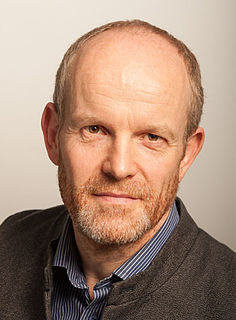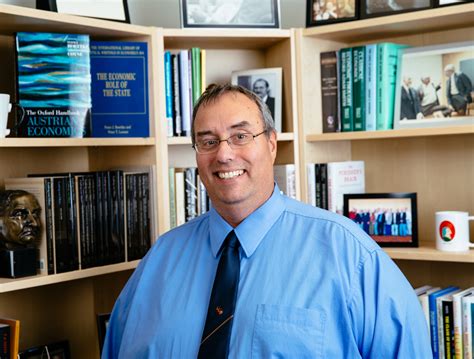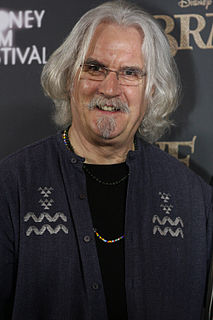A Quote by Andrew Simms
Economics becomes redundant if it can rationalise an exchange that sells the future of humankind.
Related Quotes
When the study of the household (ecology) and the management of the household (economics) can be merged, and when ethics can be extended to include environmental as well as human values, then we can be optimistic about the future of humankind. Accordingly, bringing together these three ‘E's' is the ultimate holism and the great challenge for our future.
No matter how exotic human civilization becomes, no matter the developments of life and society nor the complexity of the machine/human interface, there always come interludes of lonely power when the course of humankind, the very future of humankind, depends upon the relatively simple actions of single individual.
We do not need to understand economics in order to experience the benefits of freedom of exchange and production. But we may very well need to understand economics in order to sustain and maintain the institutional framework that enables us to realize the benefits that flow from freedom of exchange and production.
I started in the law; and the study of law, when it precedes the study of economics, gives you a set of foundation principles about how human beings interact. Economics is very useful, and I studied economics in graduate school. But without understanding the social and organizational context of economics, it becomes a theory without any groundwork.



































